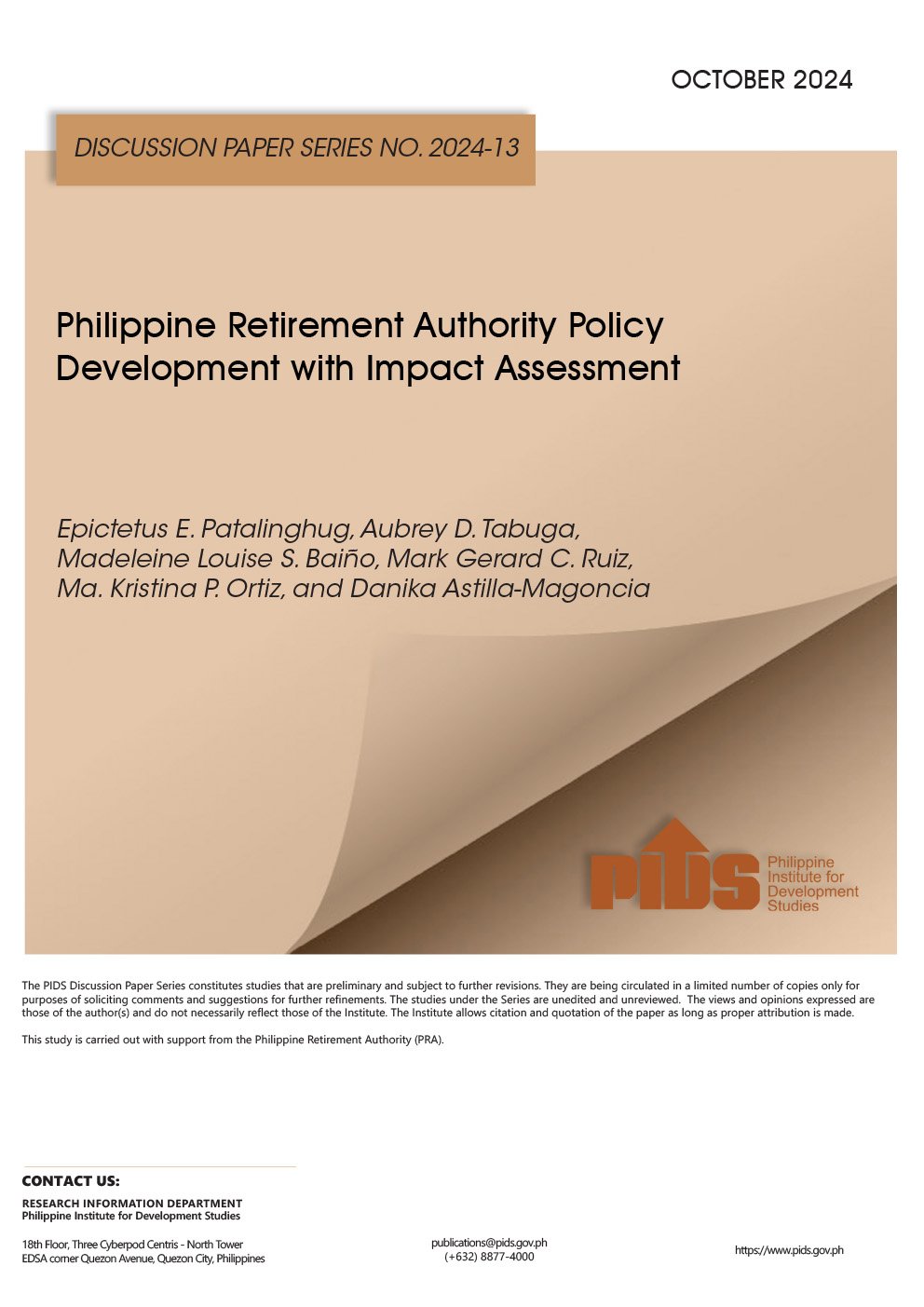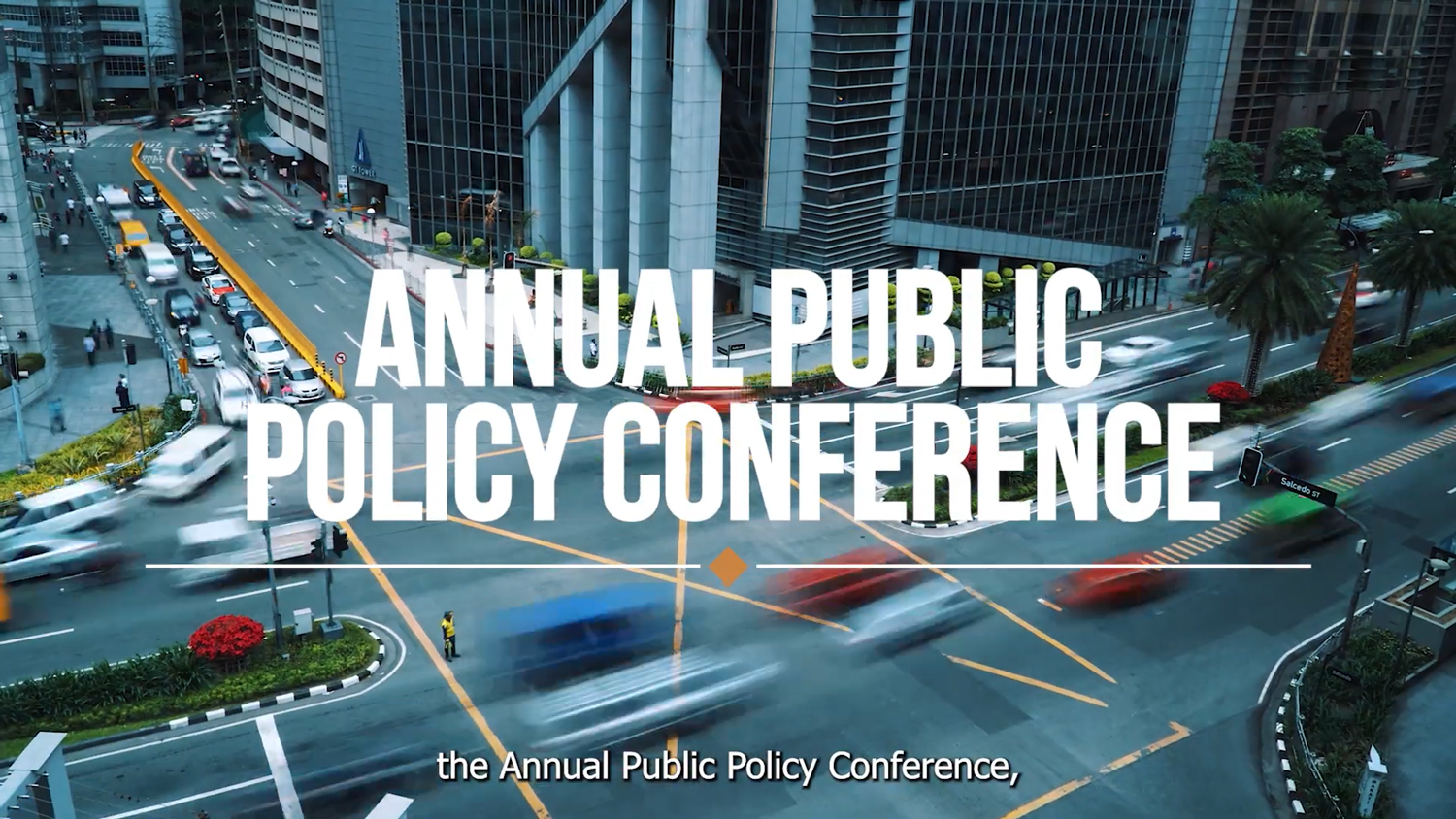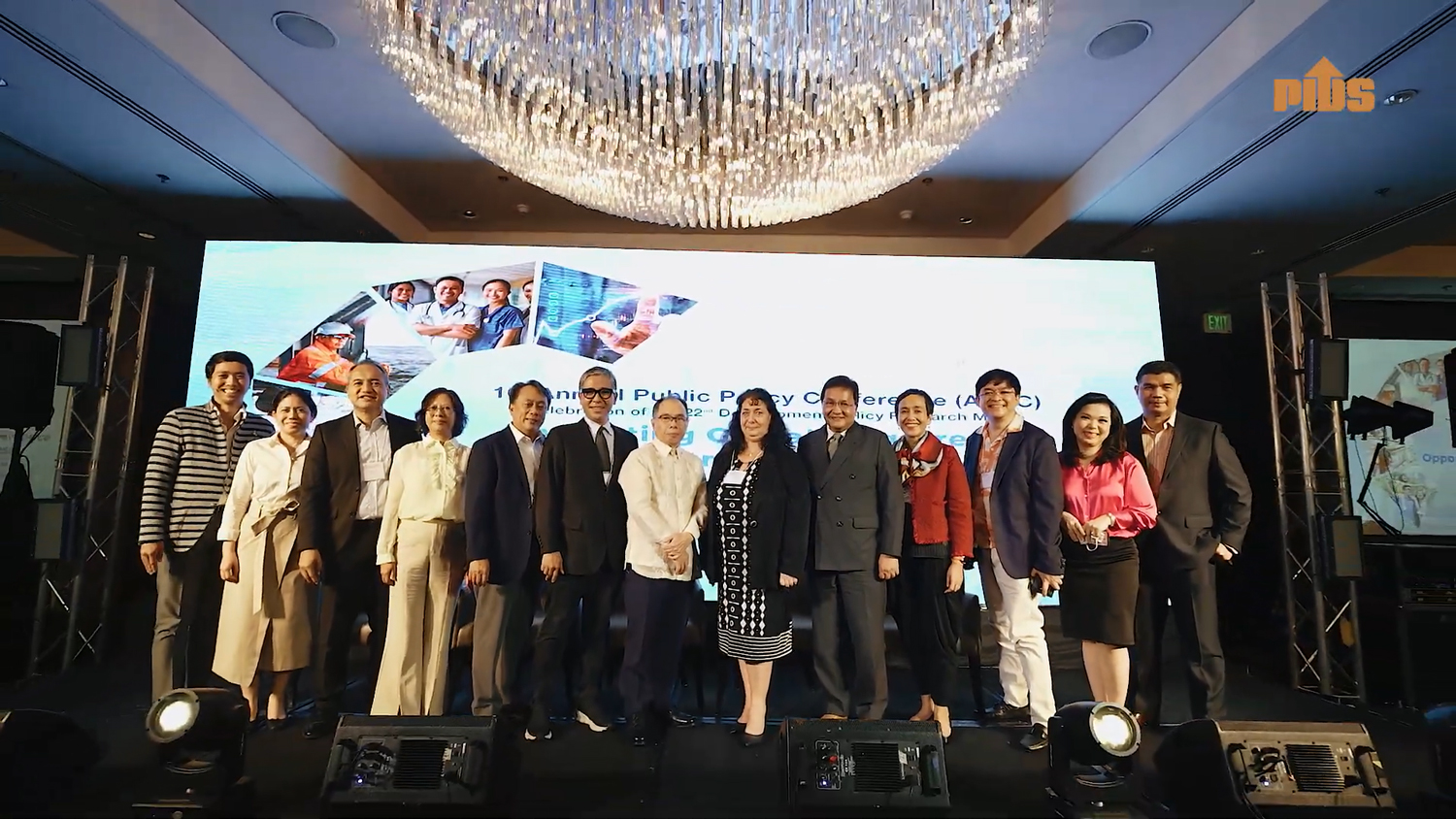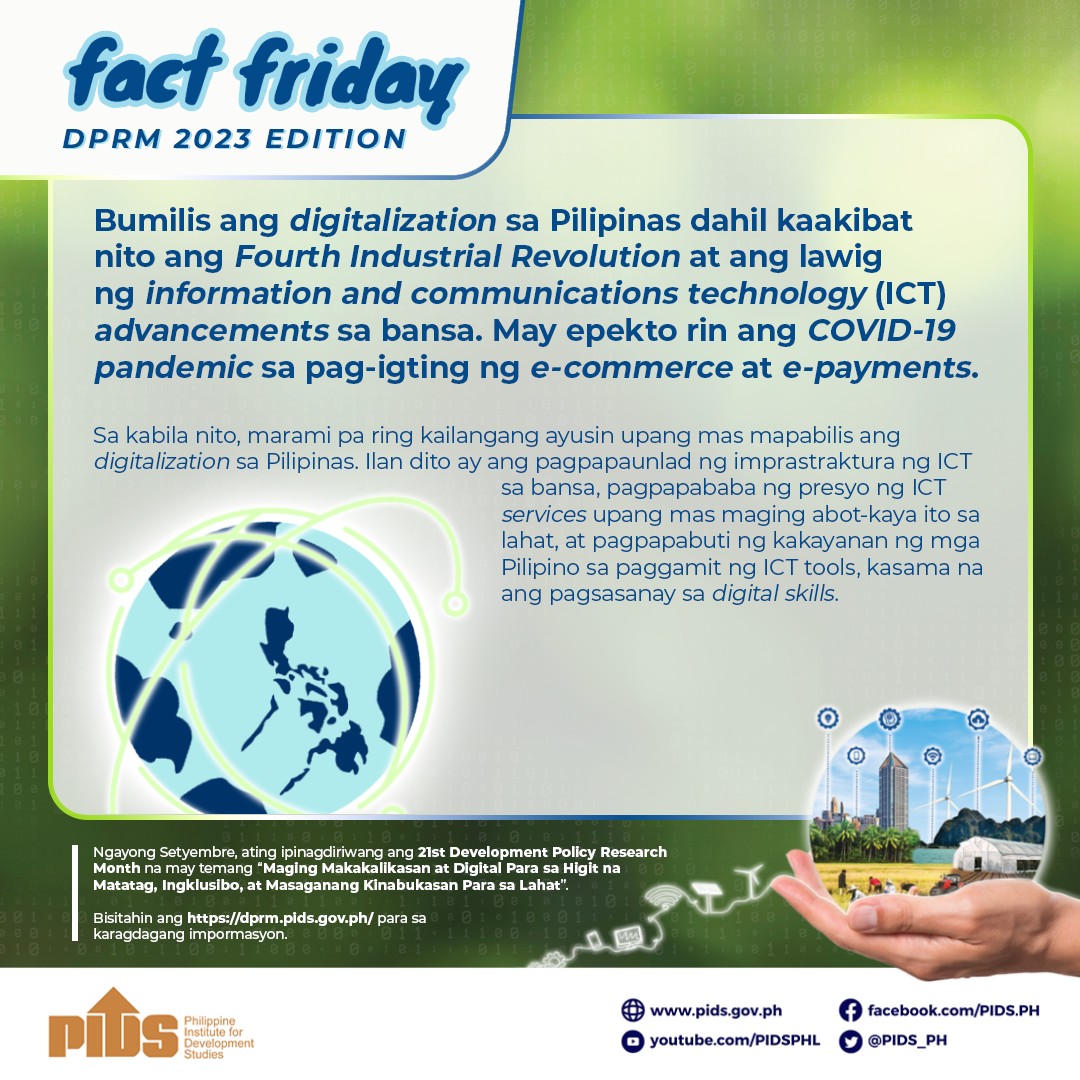We went through several iterations of the project before we came to create what you now see on www.pampubliko.com. Indeed, it was often when we would explain our idea to other people and would then hear their interpretation of what we had just told them that we began to shape a kind of collective reading of what the Philippine public sphere and political landscape were missing. As we look forward to the upcoming election season and what the change of house will bring, our project, PAMPUBLIKO, seeks to reorient the mainstream political conversation to be premised on substantive discussion of policy, while also refreshing policy discussion to be more inclusive and accessible—not merely the province of academia and legislators. We do this because we believe that reorienting the prevailing national political discourse will foster progress in good governance, political accountability, and people’s empowerment in government.
Few developing countries have sufficient research centers to address their complex challenges with the kind of policy variety, depth and creativity needed. The Philippines, too, requires more flexible research centers to enrich our policy community’s intellectual ecosystem and cumulative offering. Though our start-up has neither the resources nor the deep empiricism of our country’s impressive, established think tanks—such as the Philippine Institute of Development Studies and AIM’s Policy Center—a nimble policy center dedicated to innovative, strategic thinking can contribute renewed creativity and variety of thought to our policy community.
We specialize in long-term strategic and creative thinking, the kind which hard-pressed, overwhelmed bureaucrats do not have the luxury to indulge in as their agencies struggle to stay above water. The career bureaucrats that are the backbone of government are challenged to navigate the six-year stop-and-start process of administration change, and the politics of our single-term presidential system so often bracket and limit the progress of good government work. When you can only think along six-year timelines, the possibility for larger, longer visions closes.
Unencumbered by such restrictions, PAMPUBLIKO can employ its non-partisan, outsider position to think through more creative, strategic and longer-term possibilities. What would it look like if the Philippines were to legalize and regulate prostitution? What are the extra-legislative means to mimic the would-have-been effects of a bill to regulate political dynasties? More importantly, we also enjoin the public to join us in these conversations and think through what is possible for our country. What are the alternatives to what our political system is currently delivering?
A policy-oriented political discourse involves the people in the shaping of their country’s future. Rather than electing candidates for what they stand for and project, we can not only elect, but also craft, the future we hope to achieve for the Philippines. This year, going forward, and as we look back when we commemorate the 30-year anniversary of EDSA, let’s have an issues-based discussion — one that transcends the politics of personalities and the circumscribed vision of a six-year term. Let’s address the lack of political accountability by forcing candidates to run on specific, actionable, publicly vetted platforms. Let’s talk policy, so more people can have a stake in the means and method of governance. Let’s change the conversation.//
Nicole Del Rosario CuUnjieng is a PhD Candidate in Southeast Asian and International History at Yale University and co-founder of PAMPUBLIKO.com
Few developing countries have sufficient research centers to address their complex challenges with the kind of policy variety, depth and creativity needed. The Philippines, too, requires more flexible research centers to enrich our policy community’s intellectual ecosystem and cumulative offering. Though our start-up has neither the resources nor the deep empiricism of our country’s impressive, established think tanks—such as the Philippine Institute of Development Studies and AIM’s Policy Center—a nimble policy center dedicated to innovative, strategic thinking can contribute renewed creativity and variety of thought to our policy community.
We specialize in long-term strategic and creative thinking, the kind which hard-pressed, overwhelmed bureaucrats do not have the luxury to indulge in as their agencies struggle to stay above water. The career bureaucrats that are the backbone of government are challenged to navigate the six-year stop-and-start process of administration change, and the politics of our single-term presidential system so often bracket and limit the progress of good government work. When you can only think along six-year timelines, the possibility for larger, longer visions closes.
Unencumbered by such restrictions, PAMPUBLIKO can employ its non-partisan, outsider position to think through more creative, strategic and longer-term possibilities. What would it look like if the Philippines were to legalize and regulate prostitution? What are the extra-legislative means to mimic the would-have-been effects of a bill to regulate political dynasties? More importantly, we also enjoin the public to join us in these conversations and think through what is possible for our country. What are the alternatives to what our political system is currently delivering?
A policy-oriented political discourse involves the people in the shaping of their country’s future. Rather than electing candidates for what they stand for and project, we can not only elect, but also craft, the future we hope to achieve for the Philippines. This year, going forward, and as we look back when we commemorate the 30-year anniversary of EDSA, let’s have an issues-based discussion — one that transcends the politics of personalities and the circumscribed vision of a six-year term. Let’s address the lack of political accountability by forcing candidates to run on specific, actionable, publicly vetted platforms. Let’s talk policy, so more people can have a stake in the means and method of governance. Let’s change the conversation.//
Nicole Del Rosario CuUnjieng is a PhD Candidate in Southeast Asian and International History at Yale University and co-founder of PAMPUBLIKO.com












